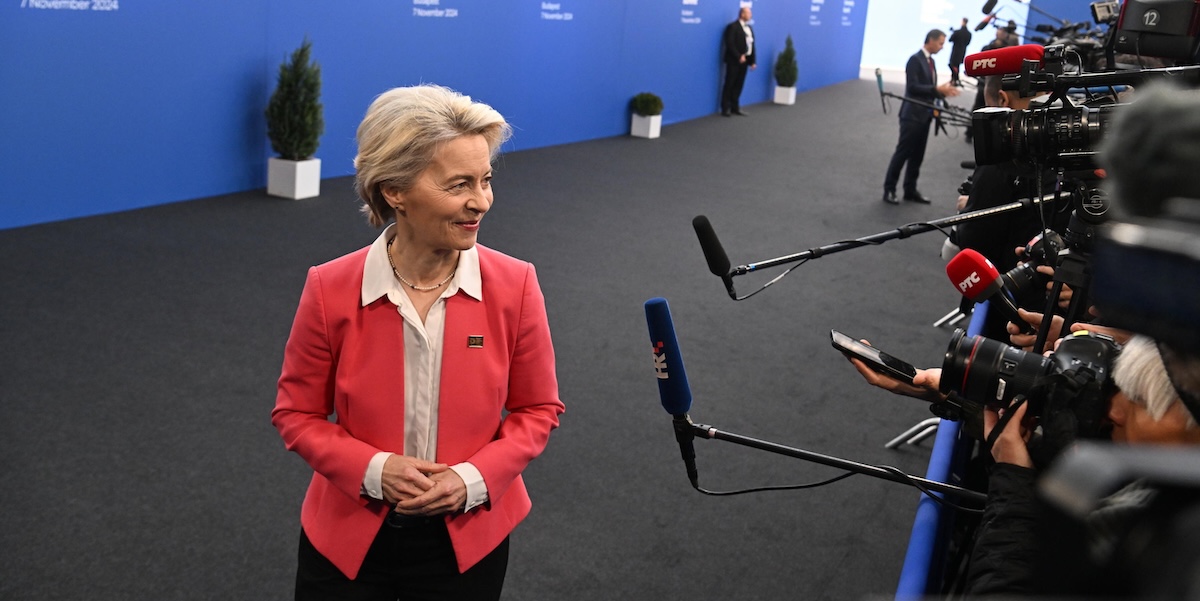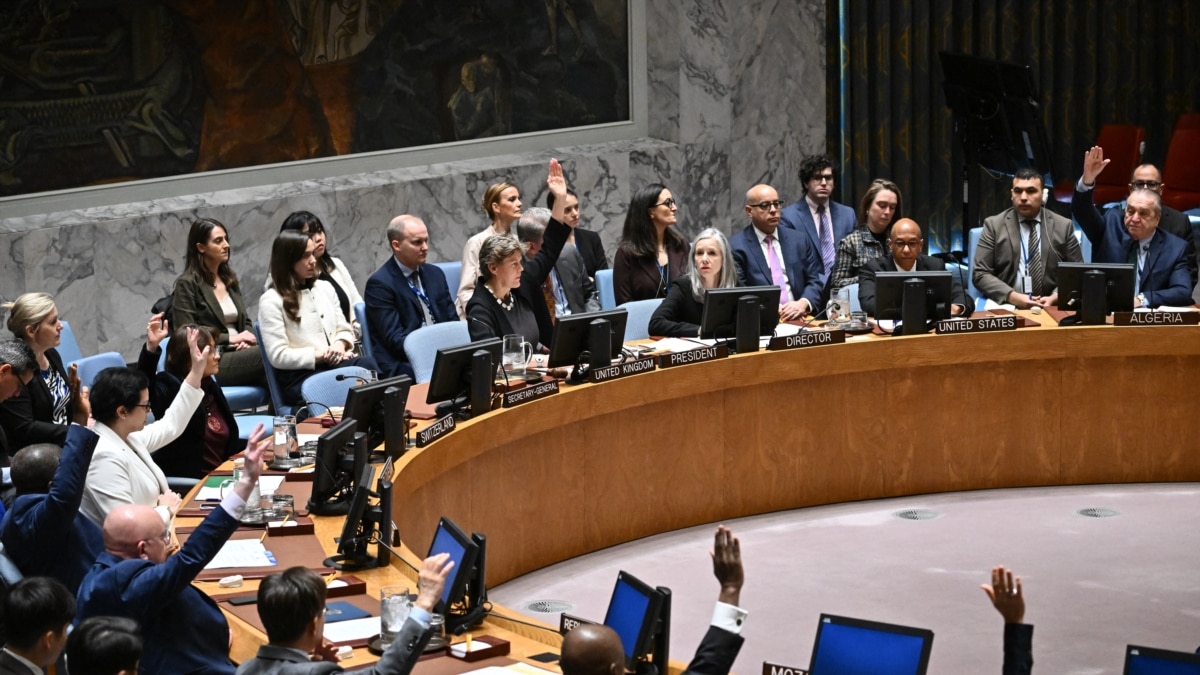Russia-Ukraine Conflict: Escalating Missile Threats
Tensions rise as Russia and Ukraine exchange missile attacks, with allegations of intercontinental ballistic missile use marking unprecedented escalation in the ongoing conflict.
Published November 22, 2024 - 00:11am
Image recovered from moneydj.com
The geopolitical tensions between Russia and Ukraine have escalated significantly, reaching new heights as reports suggest the possible use of an intercontinental ballistic missile (ICBM) by Russia in the war. This development has stirred concerns of a potential intensification of conflict in the region, drawing international attention and prompting reactions from global powers.
In the early hours of Thursday, sources claimed that an ICBM may have been launched by Russia towards the Ukrainian city of Dnipro. This would represent the first use of such a weapon in active warfare since the invasion of Ukraine began in 2022. However, the specific details of the missile's launch and its impact remain unclear, with information primarily sourced from Ukrainian military authorities and President Volodymyr Zelensky, who noted the missile's parameters, speed, and altitude as consistent with that of an intercontinental ballistic missile.
Despite these reports, the Russian government has maintained a strategic silence, with no official confirmation from the Defense or Foreign Ministries. Western military officials, while disputing the claim of an ICBM launch, have acknowledged the existence of a new class of missile being tracked. This ambiguity continues to fuel the tension between the two nations, with potential implications for their respective allies.
The Ukrainian crisis has been compounded by the recent authorization from Washington for Ukraine to use advanced U.S.-made missile systems, contributing to a tit-for-tat escalation in missile exchanges. Russia, on the other hand, has simultaneously updated its nuclear doctrine, enabling the use of nuclear options against non-nuclear states backed by nuclear powers, a move seen as a direct warning to Western countries supporting Ukraine.
Amidst this, President Vladimir Putin asserted that the conflict represents a broader clash, characterizing it as a global conflict provoked by Western powers. This assertion underscores the increasingly complex geopolitical landscape, with Russia signaling its readiness to deploy advanced missile technologies such as the Oreshnik system, boasting attributes that present a challenge to existing Western defense systems.
The current escalation is not only a test of military capabilities but also a significant diplomatic challenge, especially as the international community grapples with the potential risks of a wider conflict. The possibility of miscalculation or unintended escalation looms large, requiring careful navigation by all involved parties.
Observers view the situation with caution, aware of the implications that these developments could have on global security dynamics. The deployment of long-range missiles, the utilization of strategic assets, and Russia's nuclear posturing are closely scrutinized, with analysts calling for diplomatic interventions to prevent a further spiral into conflict.
In this volatile environment, the responses from major powers will likely play a crucial role in shaping the outcome of the ongoing hostilities. Whether through direct intervention or diplomatic engagement, the resolution of this conflict will require concerted efforts from all stakeholders to mitigate the threat of an expanded war.
As the tension persists, the focus will remain on mitigating further escalation and identifying pathways to dialogue and de-escalation to avert a broader calamity in the region. The international community continues to urge both Russia and Ukraine to prioritize diplomatic solutions, emphasizing the need for restraint and communication to preserve peace and security.







